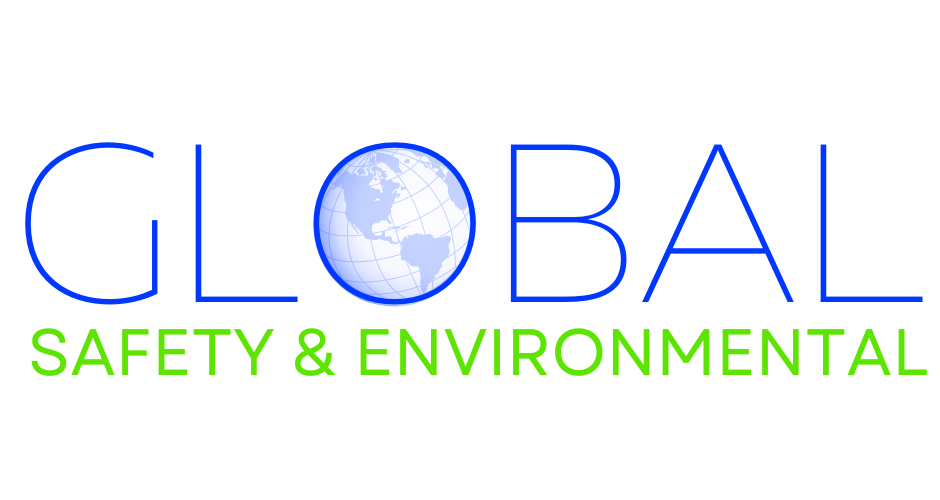Environmental safety encompasses the practices and policies that safeguard human health and the well-being of the environment. It’s a multifaceted concept that recognizes the interconnectedness between a healthy planet and healthy people. By prioritizing environmental safety, we ensure a sustainable future for ourselves and generations to come.
The Importance of Environmental Safety
Human activities significantly impact the environment. Industrial processes, energy production, agriculture, and waste disposal all have the potential to pollute air, water, and soil. These pollutants can harm ecosystems, disrupt natural resource cycles, and pose health risks to humans. Environmental safety measures aim to minimize these impacts and create a more balanced relationship between humans and the natural world.
Key Areas of Environmental Safety
Pollution Control: This includes managing air emissions, wastewater treatment, and proper solid waste disposal. Air pollution control strategies focus on reducing emissions from vehicles, factories, and power plants. Wastewater treatment facilities ensure that water discharged back into the environment is clean and doesn’t harm aquatic life. Solid waste management involves responsible disposal methods like recycling, composting, and landfilling with proper regulations.
Hazardous Material Management: This involves the safe handling, storage, transportation, and disposal of hazardous materials like chemicals, pesticides, and radioactive substances. Stringent regulations and protocols are in place to prevent accidents, spills, and leaks that could contaminate the environment and endanger human health.
Land Use Planning: Sustainable land management practices minimize environmental degradation. This includes responsible forestry practices, minimizing deforestation, and protecting natural habitats. Additionally, proper land use planning promotes smart growth, reducing urban sprawl and its associated environmental consequences.
Environmental Safety and Human Health
Environmental pollution directly impacts human health. Air pollution can cause respiratory problems, heart disease, and even cancer. Contaminated water can lead to gastrointestinal illnesses and long-term health issues. Exposure to hazardous materials can cause a range of health problems depending on the specific material and the level of exposure.
Environmental safety measures play a crucial role in protecting human health by minimizing these risks. Clean air and water are essential for human survival and well-being. Additionally, a healthy environment provides us with essential resources like food, clean water, and natural resources.
Contributing to a Healthy Planet
There are numerous ways individuals and organizations can contribute to environmental safety. Here are some key actions:
- Reduce, Reuse, Recycle: This waste management hierarchy prioritizes minimizing waste generation in the first place. Reusing items whenever possible extends their lifespan and reduces the need for new production. Recycling transforms waste materials into new products, conserving resources and reducing landfill dependence.
- Energy Conservation: Reducing energy consumption benefits the environment by lowering greenhouse gas emissions from power plants. Simple everyday actions like switching off lights in unoccupied rooms, using energy-efficient appliances, and opting for public transport or carpooling can significantly contribute.
- Sustainable Consumption: Making informed choices about the products we purchase can have a positive environmental impact. Look for products made with recycled materials, produced by companies with sustainable practices, and minimize unnecessary consumption.
- Water Conservation: Simple measures like fixing leaky faucets, taking shorter showers, and watering lawns efficiently can significantly reduce water consumption. Protecting water resources is crucial for a healthy planet and future generations.
- Supporting Environmental Organizations: Numerous non-profit organizations are dedicated to environmental protection and advocacy. Volunteering your time, donating resources, or simply staying informed about their efforts can contribute to positive change.
Environmental safety is a collaborative effort requiring involvement from individuals, businesses, and governments. By prioritizing safe and sustainable practices, we can create a healthier planet for ourselves and future generations. Every action, big or small, contributes to a healthier environment. Taking responsibility for our environmental footprint and advocating for sustainable practices are vital steps towards a secure future for all.

